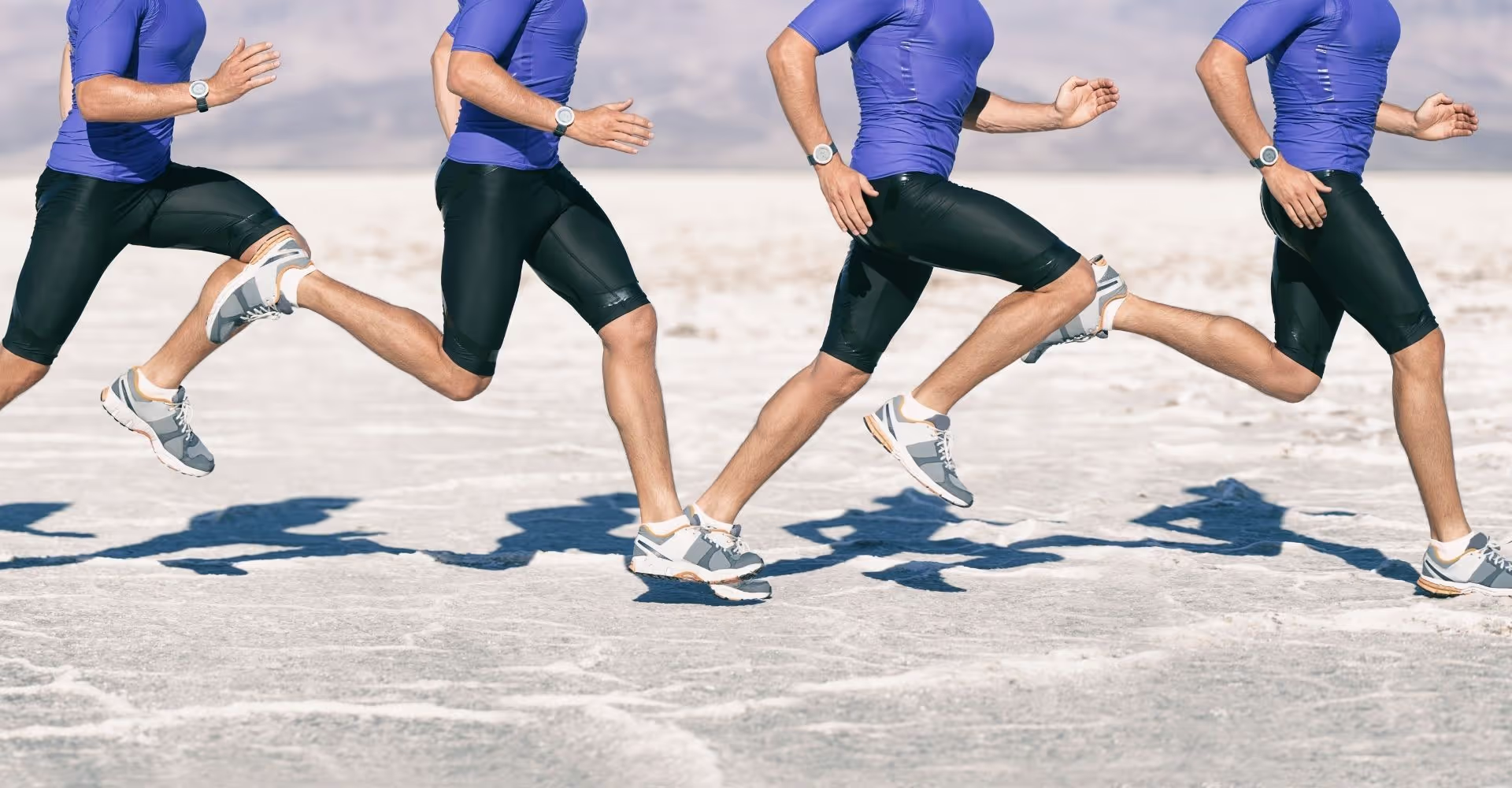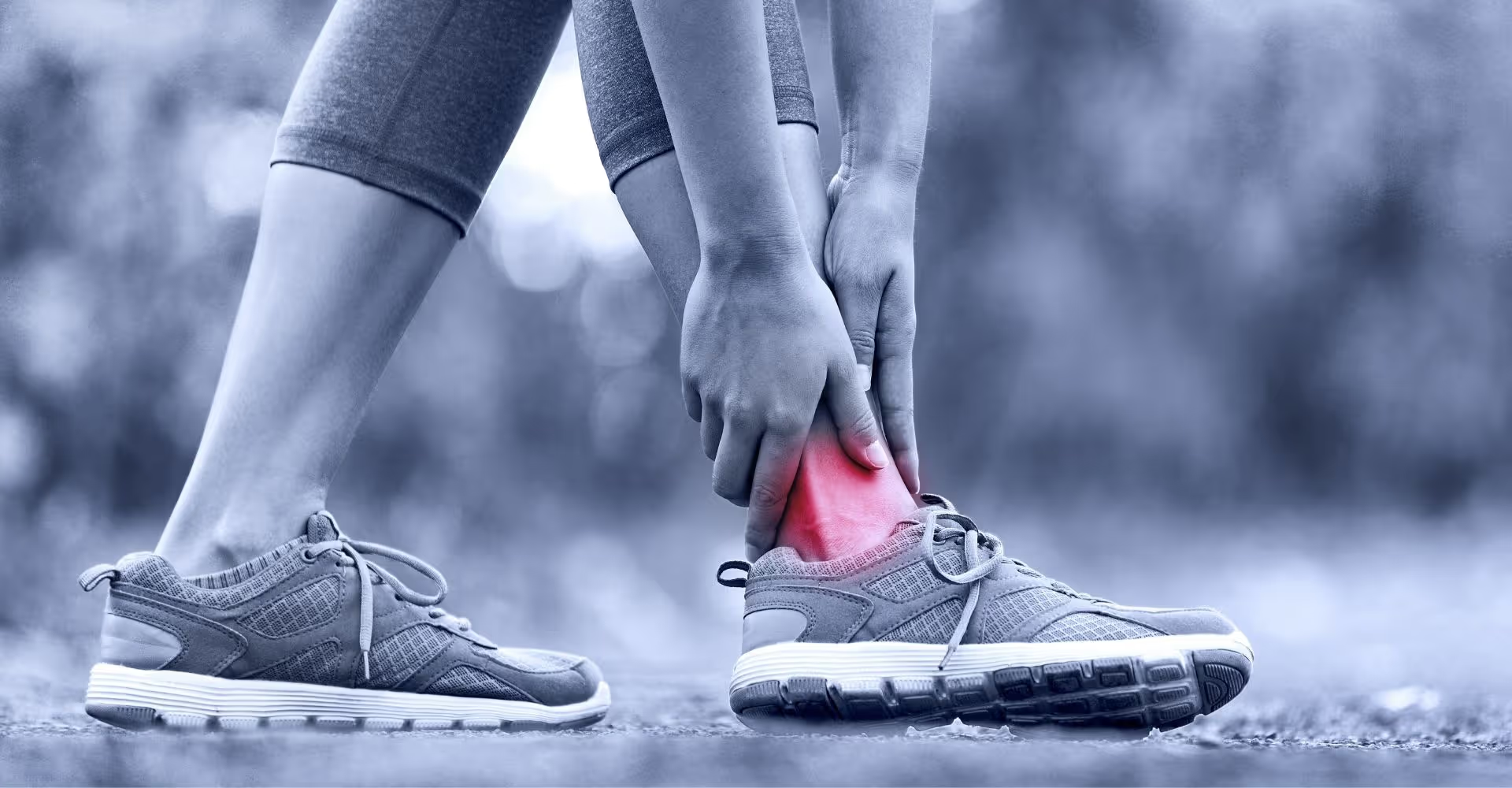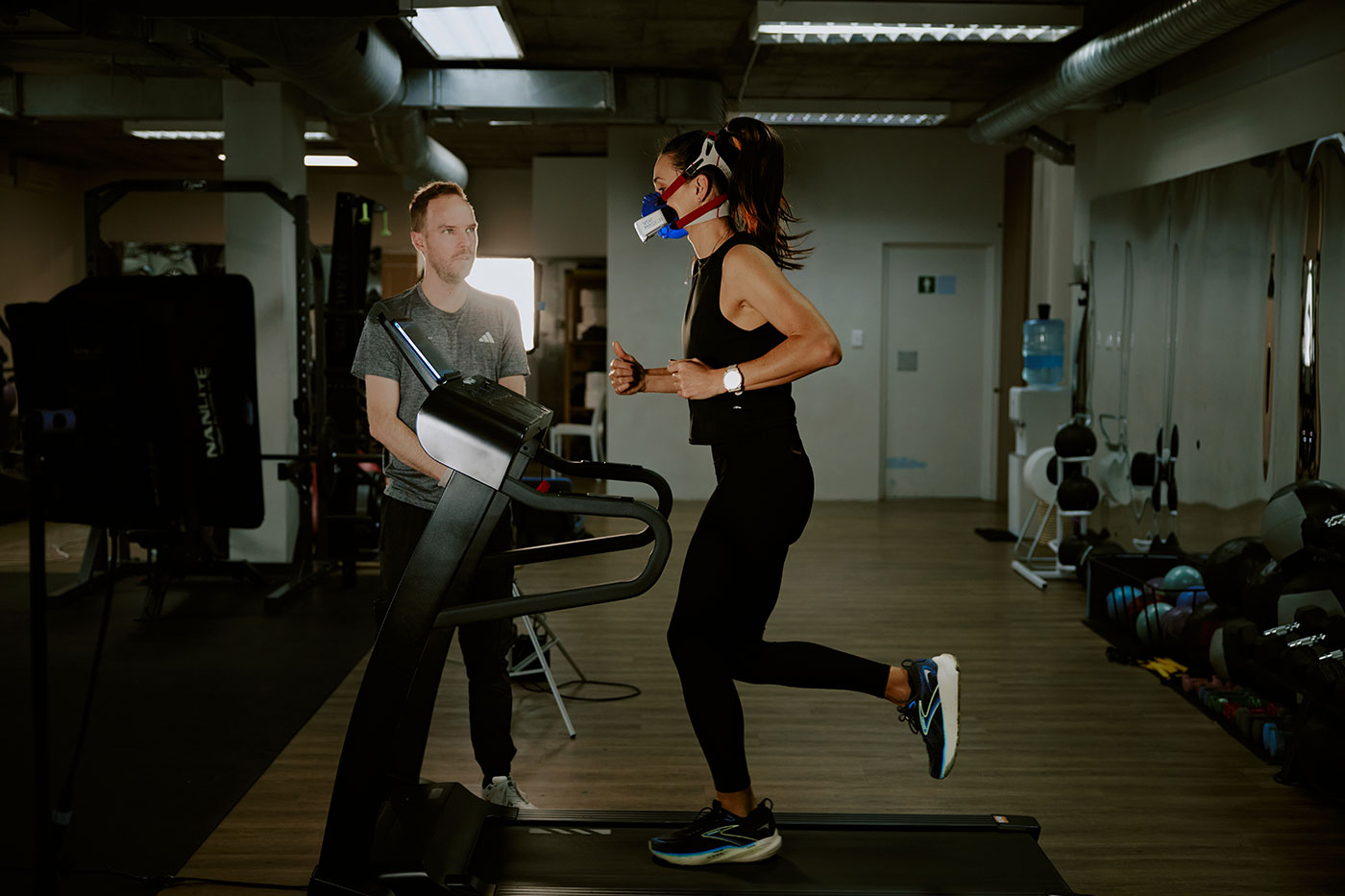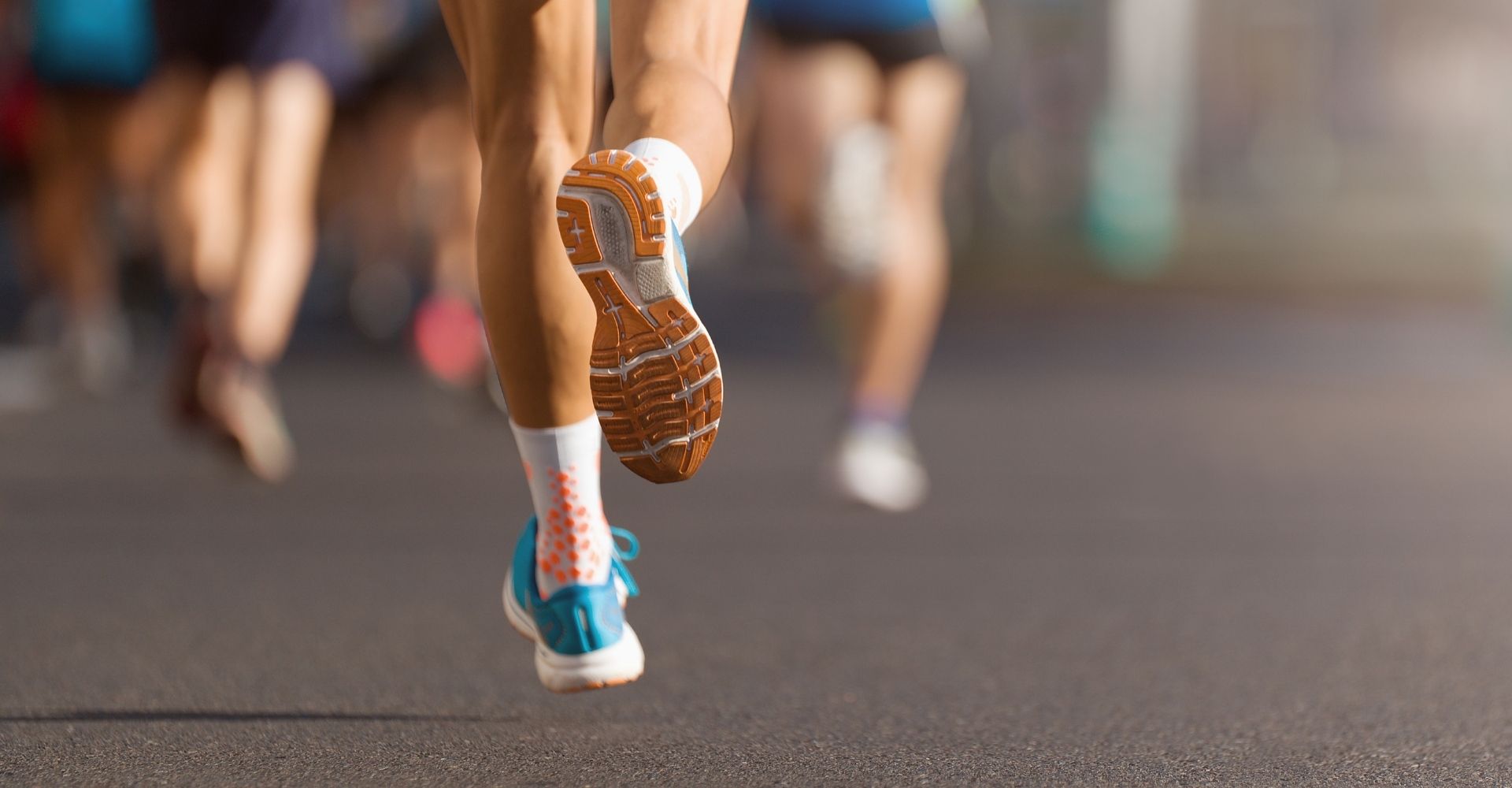FAQs
Answers to your most common questions
About biokinetics
Biokinetics is the science of movement and exercise used to prevent injury, support recovery, and improve performance. Biokineticists assess strength, mobility, stability, and biomechanics to design personalised exercise programmes that help you move better and perform at your best.
What is the difference between physiotherapy and biokinetics?
Physiotherapists typically treat the early stages of an injury – easing pain, improving mobility, and helping you get started on the road to recovery. Biokineticists build on this foundation by focusing on exercise to rebuild strength, restore full function, and help you return safely to sport or daily life.
Running assessments
What injuries are treated?
Common running injuries treated include ITB syndrome, shin splints, knee pain, plantar fasciitis, Achilles tendon injuries, and recurring issues such as hip, ankle, or muscle pain. Non-running injuries that affect movement, strength, or stability are also treated using the same biokineticist-led, evidence-based approach.
Running gait is the way your body moves when you run. It involves how your feet land, how your legs and hips move, and how your entire body works with each stride. Analysing gait helps identify imbalances or inefficiencies to improve performance and reduce injury risk.
VO₂ max is the maximum amount of oxygen your body can use during exercise. It reflects how efficiently your heart, lungs, and circulatory system deliver oxygen to your muscles — a key measure of endurance and fitness.
How does one test VO₂ max?
VO₂ max is tested on a treadmill while breathing, heart rate, and oxygen usage are monitored. The intensity gradually increases to accurately measure your aerobic capacity and fitness level.
Running coaching
What kind of runners do you coach?
Coaching is available for beginners, recreational runners, and runners returning from injury. Programmes are tailored for both road and trail running — from 5 km races to ultra-distance events.
How personalised are the coaching plans?
Every plan is designed around your fitness level, schedule, and goals. Plans are flexible and adapt as your training or lifestyle changes, ensuring consistent progress.
Do I need special equipment or a GPS watch?
A GPS watch helps track runs more accurately but isn’t essential. Manual feedback works just as well. Consistency matters more than equipment.
Can I pause or cancel my coaching plan?
Yes. Coaching runs on a month-to-month basis, and you can pause or cancel at any time without penalties.
Is running coaching online or in person?
Coaching is primarily online, giving you flexibility to train from anywhere. In-person assessments and testing are available at the Cape Town and Durbanville practices for premium packages.
Can you help me train for a specific race?
Yes. Coaching is offered for a wide range of road and trail races, including 10 km, half marathons, marathons, ultra-distance events, Two Oceans, and HYROX races.
Assessments and logistics
Do I need a referral from a doctor or a physiotherapist?
No referral is needed. You can book an assessment directly. If necessary, your biokineticist will collaborate with your doctor or physiotherapist to coordinate care.
How long is an assessment?
Most assessments take 60–90 minutes. This allows enough time for a full evaluation, discussion of your training background, and clear next steps.
Wear comfortable activewear and running shoes that allow easy movement. If you’re coming for a running assessment, bring your current running shoes — and any others you use regularly.







